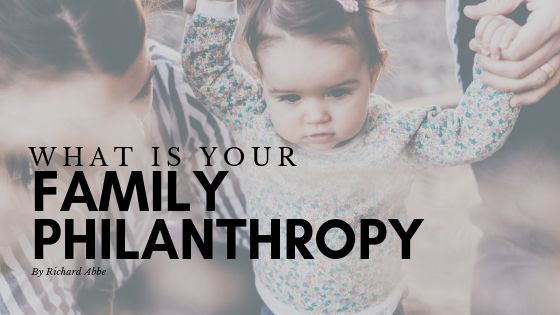Many families are eager to make their mark on the world and create a legacy to pass down generation after generation. When it comes to philanthropists, they put their stamp on issues they care deeply about, such as protecting endangered species, feeding the hungry, or helping the homeless. Families pass down their generous contribution to create long-lasting impacts for years and years to come.
The Importance of Family Philanthropy
Being a part of a family legacy, such as this, opens up many opportunities. It not only strengthens the bond between family members, but it is also a great way to pass down and spread support, knowledge, generosity, and kindness.
With new advances in technology and trends changing almost daily, family philanthropy is evolving. Here are just a few opportunities to consider:
- Families of all ages can share their values, ideas, and create a collective vision.
- Family members can better understand their family history, learn about who they are, and the goals they would like to achieve, as well as learn about core beliefs and the actions to take to share these beliefs.
How to Get Started
If you are looking for ways to get your family involved in philanthropy, it’s important to first reflect on what it is that you want to achieve with your philanthropy goals and discuss them with your family members. A few questions to ask yourself and your family members are:
- What are your family values?
- What challenges in the world would you like to address?
- What legacy have you inherited from your family and the community around you?
- What do you hope to change or make better in your community or on a larger scale?
Next, you’ll want to craft a vision and write your mission statement. Your vision is what keeps you and your family going to reach your goals and philanthropic dreams, no matter what obstacles get in your way.
From there, you can assign roles and responsibilities to each family member from who will be seeking grants, researching ideas, scheduling events, marketing, engaging with the community, inquiring about donors, legal and fiduciary responsibilities, and so forth.
There are several ways your family can embark on their philanthropy efforts and start making a difference in the community. A few ideas include setting up a food bank, supporting your local animal shelter or rescue center, sponsoring families in third world countries, going on mission trips as a family, sponsoring a child’s education, collecting clothes and supplies for the homeless, sponsoring families for the holidays, gathering donations for disaster relief and so much more. How will your family make a difference?

